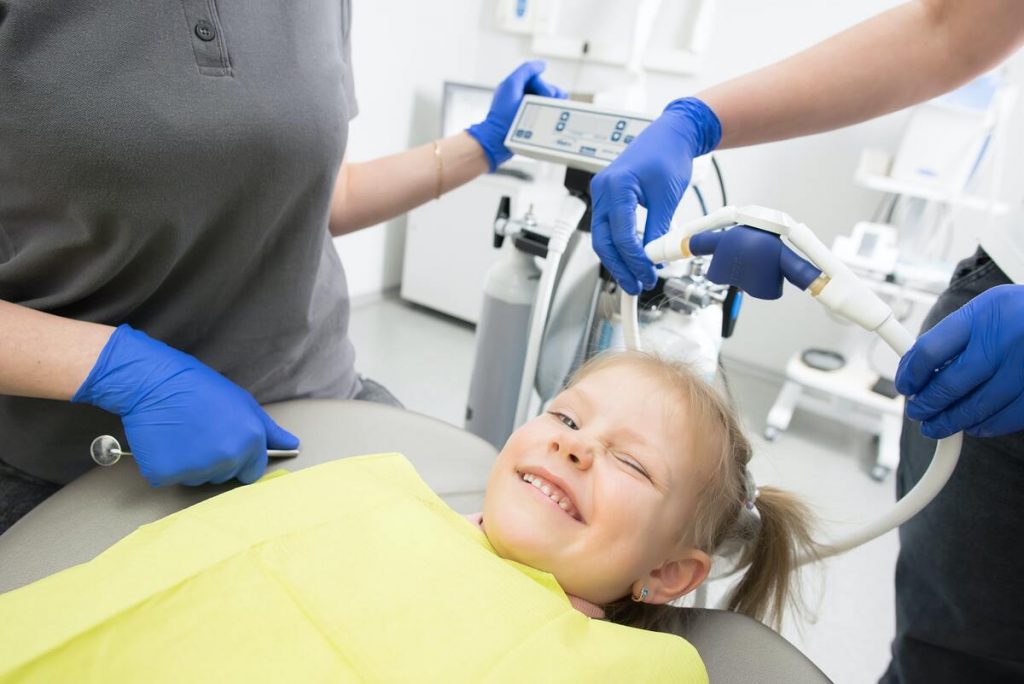Parents today typically have a longer list of duties and responsibilities in caring for their families than they have time to do them in. And while many look for effective ways to do more in less time or just to do less – there is one responsibility that must be kept on the sheets, in fact it is imperative that parents continuously monitor the dental health of their children.
The sad case is that this is not the situation for many children in Australia. In fact, one of the public health concerns that continues to be of grave disquiet is that of poor oral health, particularly in children. It was found that 55 per cent of those children (between the ages of 5 and 14) who did manage to access dental care had tooth decay – with 24 per cent of these having as many as four teeth in a state of decay.
Major contributors to this menace to children’s health is the failure to maintain a good consistent oral hygiene practice at home and children’s unhealthy diets. Why is poor oral health in children a cause for such concern?

Importance of dental care in children
When teeth decay in children, it is not just their oral health that suffers. Dental decay in children can affect other aspects of their lives too. Dental experts warn that tooth decay and the resulting pain can go so far as to have an adverse impact on their wellbeing, education, social activities and nutrition.
When children experience dental pain, they are less likely to eat, which puts their nutritional needs for growing bodies and developing minds at risk. They are also less likely to want to engage with others and participate in social activities, even those they once enjoyed. Then there is the possibility of lost school days, because the child is in too much pain or they are unable to concentrate at school due to the discomfort.
The Australian Dental Association advises parents to have their children’s teeth checked by a professional dentist Sydney CBD as early as when their first tooth makes an appearance or by the time the child is a year old. This is an important dental appointment with vital checks (to determine the proper development of teeth), advice and information on how to best protect a baby’s dental health. These appointments should continue into the toddler years and beyond. A significant benefit of taking children to the dentist when they are young is that they develop a positive frame of reference in regard to dental care, which will help them enjoy good oral health when they enter adulthood.
Another well-recommended tip for parents is to ensure children are not exposed to sugar-high diets such as those that include fast food, soft drinks and treats such as chocolates and sweets. A dental practitioner can provide useful ways to brush baby teeth which is another critically important dental health technique.
For more dental health information on caring for teeth and gums, get in touch with a reputable dental practice.
Any surgical or invasive procedure carries risks. Before proceeding you should seek a second opinion from an appropriately qualified health practitioner.






